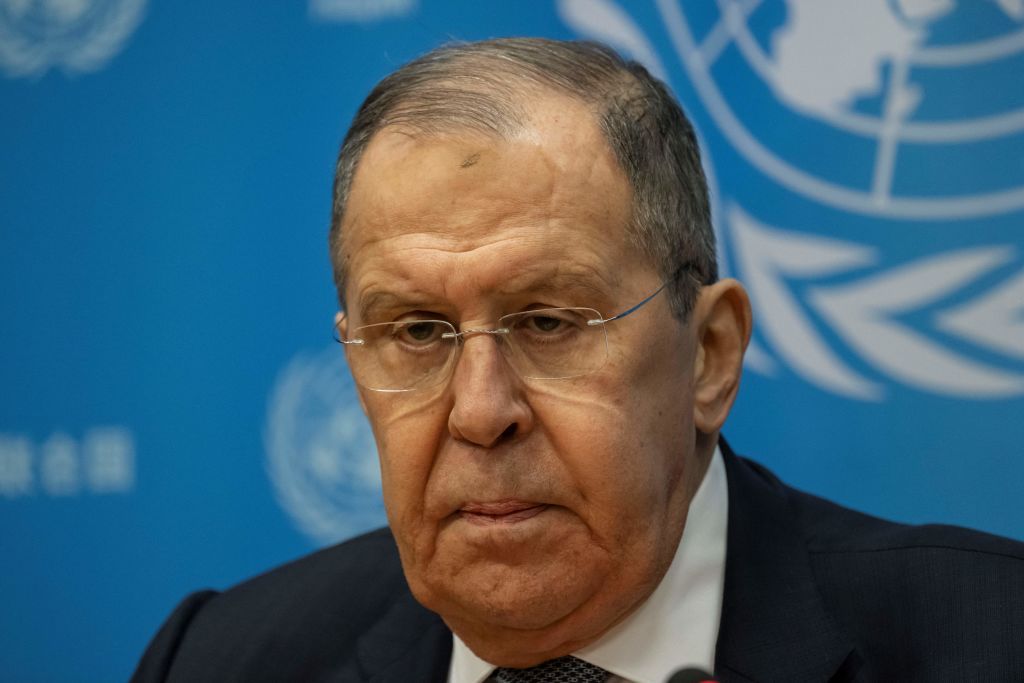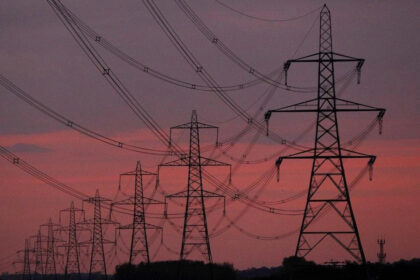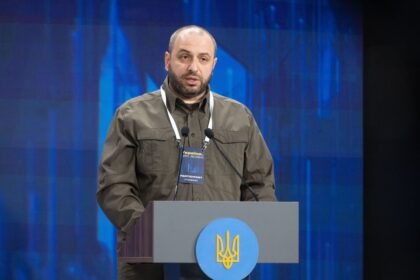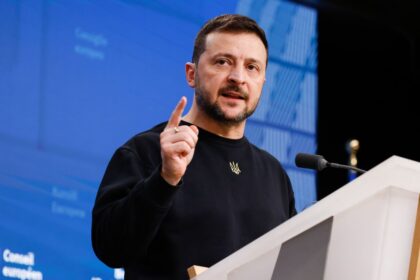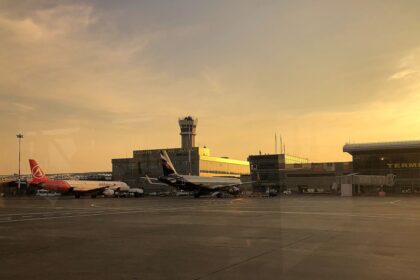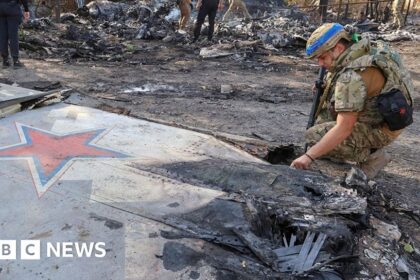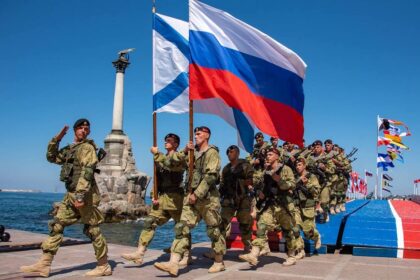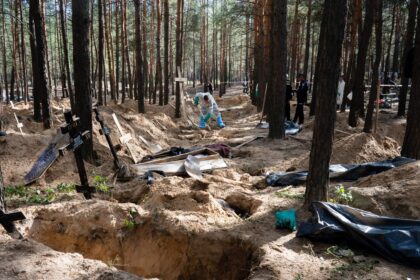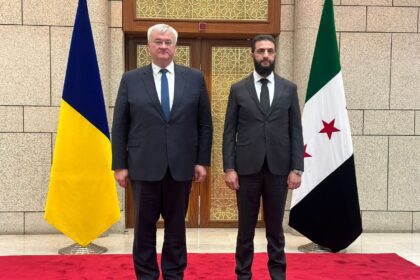**Russia Seeks to Address Root Causes of Conflict, Not Just Ceasefire, in Talks with Ukraine**
Russian Foreign Minister Sergey Lavrov has made it clear that Moscow’s goal in the expected peace talks with Ukraine in Istanbul is not just a ceasefire, but achieving “sustainable peace” by addressing the “root causes of the conflict”. This statement comes as Ukrainian and Russian delegates are set to meet for the first time since 2022.
The comments from Lavrov have been met with skepticism by Ukraine, which has called for an unconditional 30-day ceasefire as a first step towards peace talks. The US and European countries have also backed this position, but Russia has rejected it. Instead, Moscow wants to resume negotiations without agreeing to a ceasefire.
This stalemate makes the prospects of a deal unlikely, especially since Ukrainian officials are reportedly planning to only discuss ways for implementing and monitoring a ceasefire during the talks. This means that any progress will be hindered by the lack of agreement on a basic prerequisite: a ceasefire.
**Lavrov’s Comments: A Glimmer of Hope?**
Despite the challenges ahead, Lavrov has urged that the negotiations should be “given a chance”, acknowledging that no one can guarantee a smooth process without problems. This cautious optimism is a rare sight in the midst of this conflict.
However, the Russian foreign minister also used the opportunity to press Ukraine’s Western partners to demand the repeal of national minority laws. Moscow has repeatedly claimed that these laws are a key cause of its full-scale invasion, which is a misleading narrative.
**A High-Stakes Negotiation**
The stakes are high in these talks, with both sides having much to gain or lose. Ukrainian President Volodymyr Zelensky has described the delegation as being at the “highest level”, including top military and intelligence officials. However, he has also expressed concerns about the Russian delegation’s composition, questioning their ability to make decisions on their own.
Zelensky’s comments suggest that he is wary of a “sham” delegation sent by Moscow. This perception could undermine trust in the negotiations from the outset.
**The Road Ahead**
It remains unclear whether these talks will take place despite Putin’s absence and Russia’s refusal to agree to a ceasefire. The path forward looks uncertain, with both sides dug in on their positions.
One thing is clear: for any progress to be made, Ukraine and Russia must find common ground and be willing to compromise. As Lavrov noted, the negotiations should be “given a chance”, but it will require more than just words from Moscow to build trust and move towards a sustainable peace.
Read More @ kyivindependent.com




